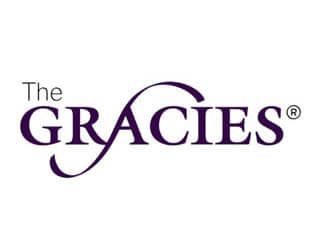Any media offering with an audience comprised 50% or more of children aged 12 or under will be off limits for Kellogg company food products that fail to toe a certain nutritional line. The company has announced its new policy voluntarily in advance of any action in Washington, where a perceived epidemic of childhood obesity has legislators and regulators up in arms.
Under its new standards, it will only allow the preteen set to see ads for food which has no more than 200 calories; no more than zero grams of trans fat and no more than 2 grams of saturated fat; no more than 230 milligrams of sodium (except for Eggo frozen waffles); and no more than 12 grams of sugar (excluding sugar from fruit, dairy, and vegetables).
Further, it will refrain from advertising non-conforming foods in schools and preschools; sponsoring product placements in preteen programming; use licensed characters on mass-media advertising directed primarily to kids under 12 in ads or on packaging for such food products; or use branded toys in connection with foods that do not meet the nutrition standards.
"We are pleased to work collaboratively with industry and advocacy groups to unveil these standards," said Kellogg President/CEO David Mackay. "We feel the Kellogg Nutrient Criteria set a new standard for responsibility in the industry."
Kellogg got a resounding burst of applause from a key member of the Inside-the-Beltway community. Ed Markey (D-MA) said, "The 'snap, crackle, and pop' you hear is the sound of public health progress. I applaud Kellogg for this 'smart start' toward ending TV advertisements for sugary cereal and other so-called 'junk food' products to young children. I hope that the rest of the industry will adopt measures that, at a minimum, meet those of Kellogg's." He also urged others to follow suit, saying "If the rest of the industry does not act quickly , then Congress or the Federal Communications Commission might have to take steps to safeguard kids from junk food ads during children's television programming."
SmartMedia observation: This is an issue that does not look like it's going away any time soon. And since we're talking about commercial speech, normal First Amendment guarantees are somewhat guaranteed, meaning Washington can do more than simply try to shame companies that are thought to be preying on children. It's better to work it on your own terms than to have those terms dictated by Washington.



